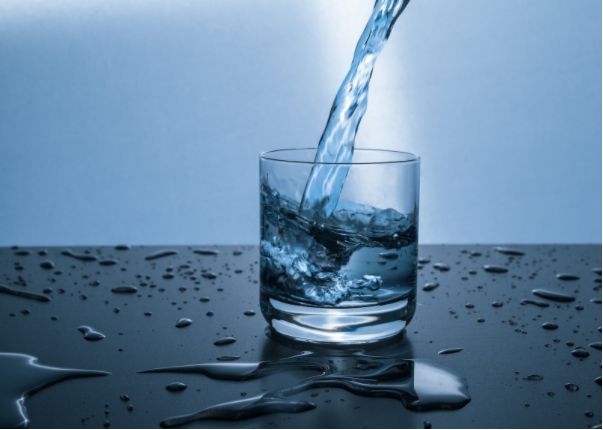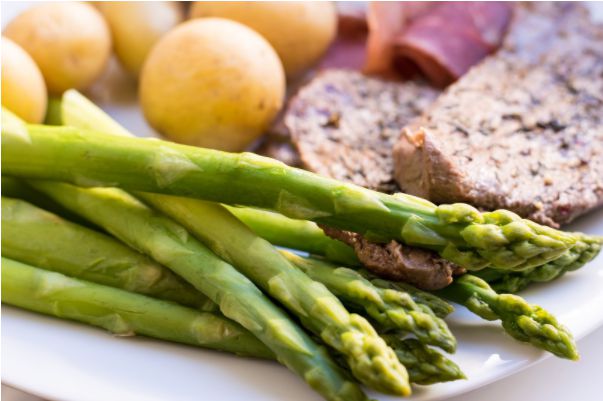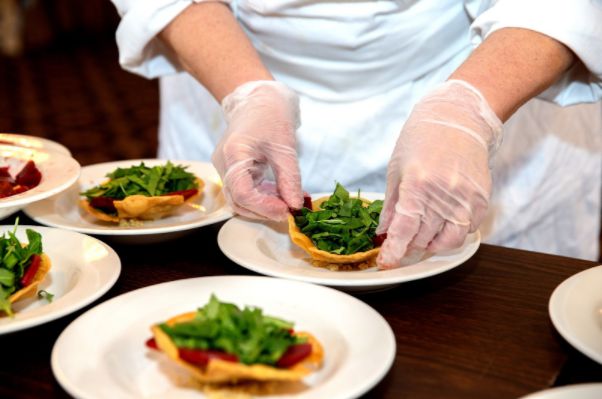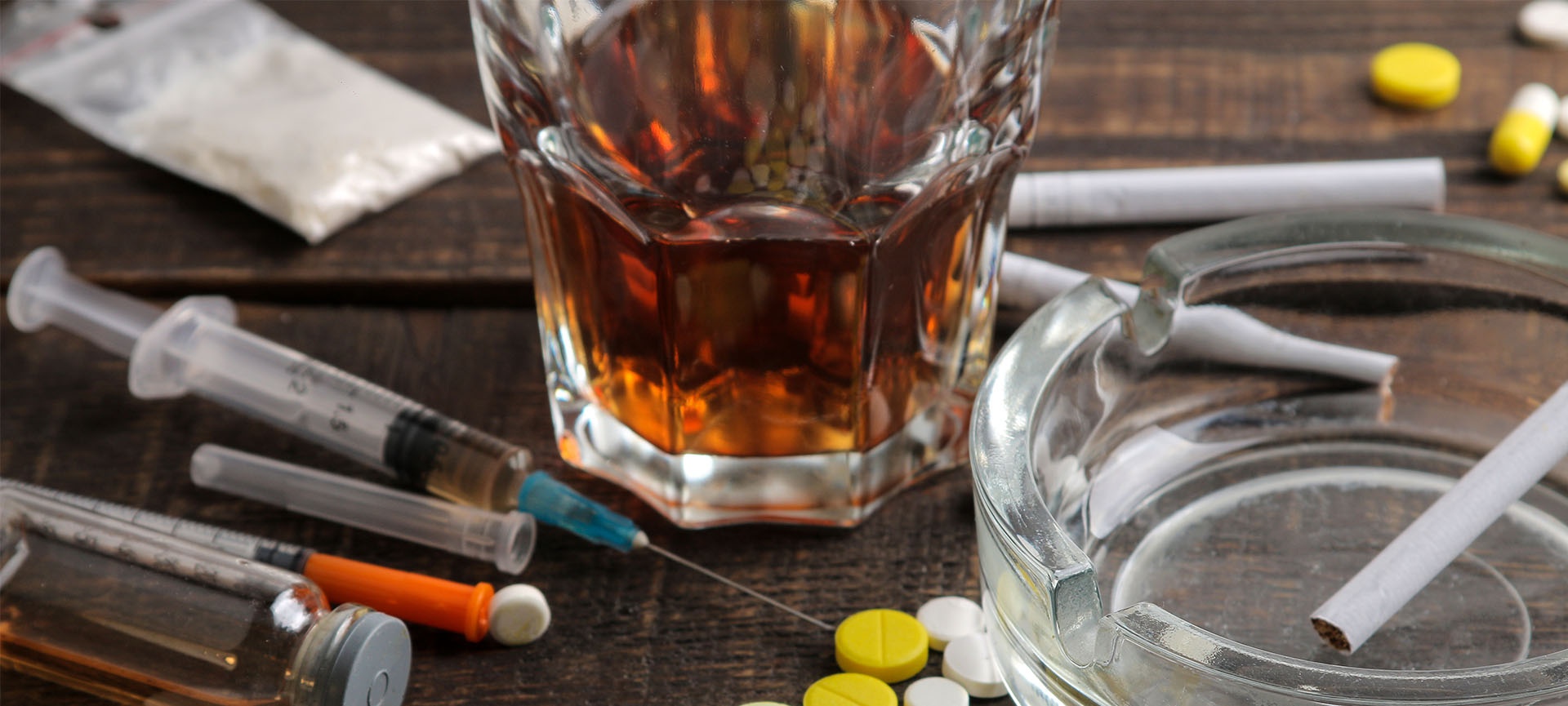
Importance Of Nutrition During Drug Addiction Recovery
We cannot overemphasize the importance of nutrition during addiction recovery. When your body is healthy, it is easier for your mind to flourish. Addiction recovery is a long road that is not always easy to travel.
Throughout the process and beyond, you have to spend large parts of each day looking deep into yourself for difficult answers. At the same time, you have to fight cravings and try to mend your relationships. It is a process that can take a toll not only on your mind but on your body.
By the time you enter an addiction treatment program, your body may be feeling broken. Addiction can affect you physically in many ways:
- The substance you are using can damage various organs in your body, including your stomach, liver and kidneys
- Loss of appetite is a side effect of many substances of abuse
- Nausea, vomiting and diarrhea are common withdrawal symptoms that can lead to nutritional deficiencies
- Many people with addictions prioritize drugs over food when it comes to their spending, resulting in them simply not being able to afford to eat
- Some people with addictions also suffer from eating disorders
The role of nutrition during addiction recovery is critical. Not only do you need to strengthen your body. Also, you need to learn healthy habits that will endure when your treatment program comes to an end.
Water Is Part Of Nutrition
Nutrition is not only about what to eat during addiction treatment. Eating all of the right foods means very little if this is not paired with good hydration.
Water plays a critical role in delivering nutrients to your cells so your organs can function effectively.
Hydration During Detox
Hydration is especially important during the detox phase. This is when the drugs you have been using are working their way out of your system. Your body needs water to flush out toxins, and since vomiting and diarrhea are common withdrawal side effects, water may already be in short supply.
One of the reasons most experts recommend medical detox is that it allows for supervision by medical professionals who can ensure that you are receiving adequate hydration.
Hydration During Rehab
Drinking enough water is a key part of acquiring or maintaining a state of physical health. Here are some reasons why it is so important:
- It supports a healthy nutrition plan
- It strengthens your immune system – something that may have taken a hammering during your phase of active addiction
- It improves your sleep quality and cognitive abilities, which in turn can result in a better therapeutic experience
What To Eat During Addiction Treatment
Now that we know the importance of nutrition during addiction recovery, what does a good nutrition plan actually look like?
We’ll get into some healthy eating tips in a moment. But first, we need to look at which nutrients the body needs not only to stay alive but to thrive. A well-balanced diet includes the right balance of macronutrients and micronutrients.
Related article: The Advantages of a Growth Mindset for Addiction Recovery
The importance of macronutrients during addiction recovery
Macronutrients are our sources of protein, fat and carbohydrates. We use these for energy; they are where our calories come from.
Protein
Protein is critical at any time when the body is in a vulnerable state. It heals the body by repairing damaged cells. It also helps keep your blood sugar stable, which helps reduce cravings.
Where you will find it: seafood, chicken, red meat, eggs, nuts, dairy
Fat
The body cannot produce fat on its own, so healthy fat is an essential part of nutrition. One of its roles is to protect your organs.
Many people with addictions lose their will or ability to eat. In order to survive, the body draws on the stores of fact that are protecting the organs, leaving them vulnerable to damage and infection. A primary role of nutrition during addiction recovery is to replenish those stores.
Where you will find it: eggs, fish, seeds, nuts, avocado, dairy
Carbohydrates
Complex carbohydrates help your body digest everything else you are eating. Also, they help regulate serotonin levels, which improves your ability to be calm. The fibres in complex carbohydrates help with digestion and make it easier for the body to retain nutrients.
Where you will find it: whole grains, vegetables, fruit
Micronutrients
While macronutrients play a key role in keeping us alive, micronutrients help the cells in our bodies function more effectively. They include the all-important vitamins and minerals.
When determining what to eat during addiction treatment, it is important to remember that some substances affect the body’s ability to absorb micronutrients. Your nutrition plan will, therefore, need to consider how you can replenish depleted micronutrient levels and maintain healthy levels.
Calcium
The use of some substances, such as heroin, can result in the loss of bone density, especially in women. Calcium helps keep the bones and teeth strong. Also, it helps the nervous system function well.
Where you will find it: dairy, leafy greens, nuts, tofu
Vitamin B
There are several forms of vitamin B. Collectively they help with the healthy functioning of the brain and central nervous system. Also, they boost the production of red blood cells, energy, proper digestion and overall cell health.
Where you will find it: leafy greens, whole grains, meat
Vitamin D
Methamphetamine can destroy the brain’s ability to produce dopamine – the natural chemical that makes us feel good. This is where the importance of nutrition during addiction recovery comes in. Vitamin D can reverse some of this damage.
This is especially pertinent in Canada and part of the United States, where vitamin D deficiency is very common.
Where you will find it: natural sunlight, egg yolks, fatty fish
Tips To Eat Healthy During Addiction Treatment
If you are in an inpatient addiction treatment program, you may be assessed by a nutritionist. Then, an expert will advise you on the specific nutrition plan to follow in order to heal and derive maximum benefit from your treatment.
The recommendations you receive will be highly individualized. You see, the role of nutrition during addiction recovery varies from one person to the next based on
- Individual circumstances
- Substances they have used
- What their withdrawal experience was like
- What medical conditions they may have.
However, there are some general guidelines that everyone can follow:
- Avoid processed and refined foods such as fast foods and TV dinners
- Eat a varied diet that includes a wide selection of vegetables
- Ensure that vegetables are raw or lightly steamed so that nutrients are not cooked out of them
- Eat whole, unprocessed food whenever possible
- If you follow a vegan or vegetarian diet, ensure that you get proteins from a variety of plant-based sources
- Ensure proper hydration at all times, especially in hot weather and during periods of intense physical activity
- Eat until you feel full: Don’t feel compelled to finish everything on your plate
The Nutritional Benefits Of Inpatient Rehab
One of the biggest benefits of an inpatient addiction treatment and rehab program is you don’t have to worry about any of your survival needs. Everything is taken care of, from your therapy and exercise programs to your food and shelter.
At 1000 Islands Addiction Rehab & Treatment Centre, we understand the importance of nutrition during addiction recovery. We do not just feed you in order to keep you alive. Our dieticians provide nutritious meals toward helping you heal physically and mentally.
Not only do we provide healthy meals that are an integral part of our holistic addiction treatment programs. We will teach you about nutrition, show you which foods are best for you, and help you develop healthy eating habits that will last a lifetime. To find out more or to get started, call us at 855-601-0555.
Related article: The Advantages Of Music Therapy In Addiction Recovery





